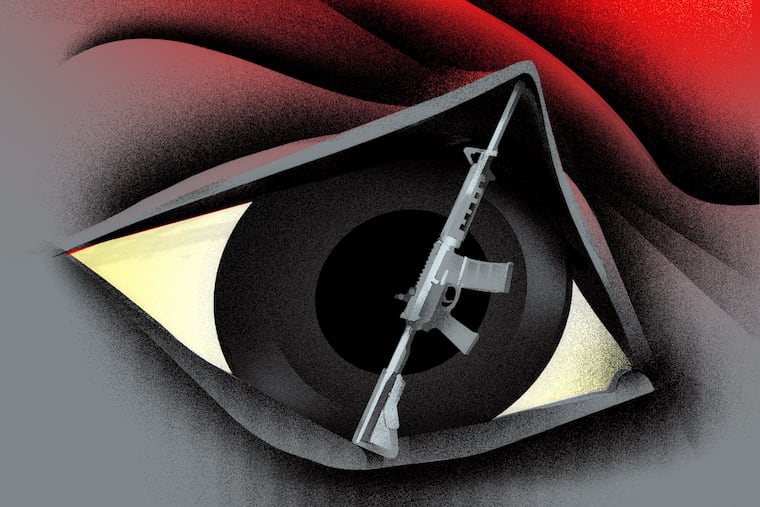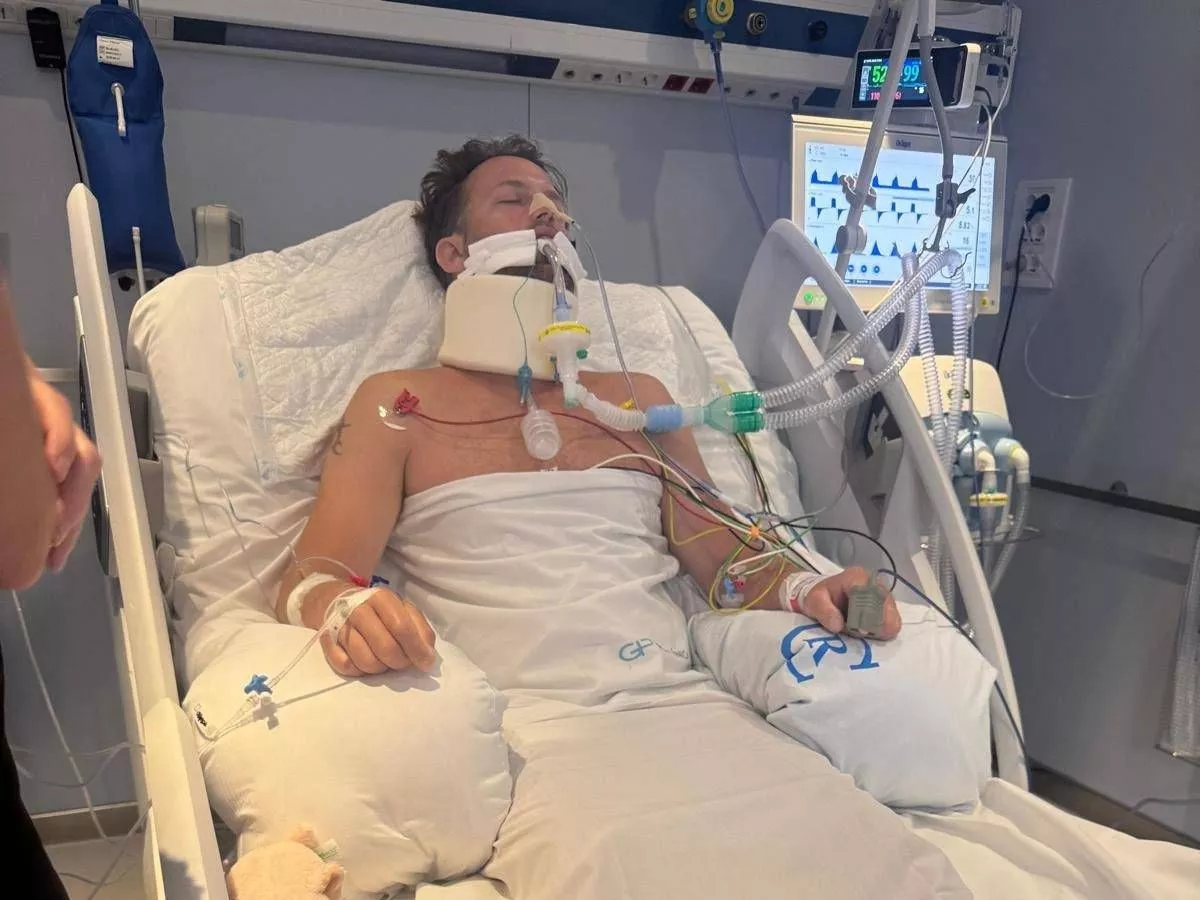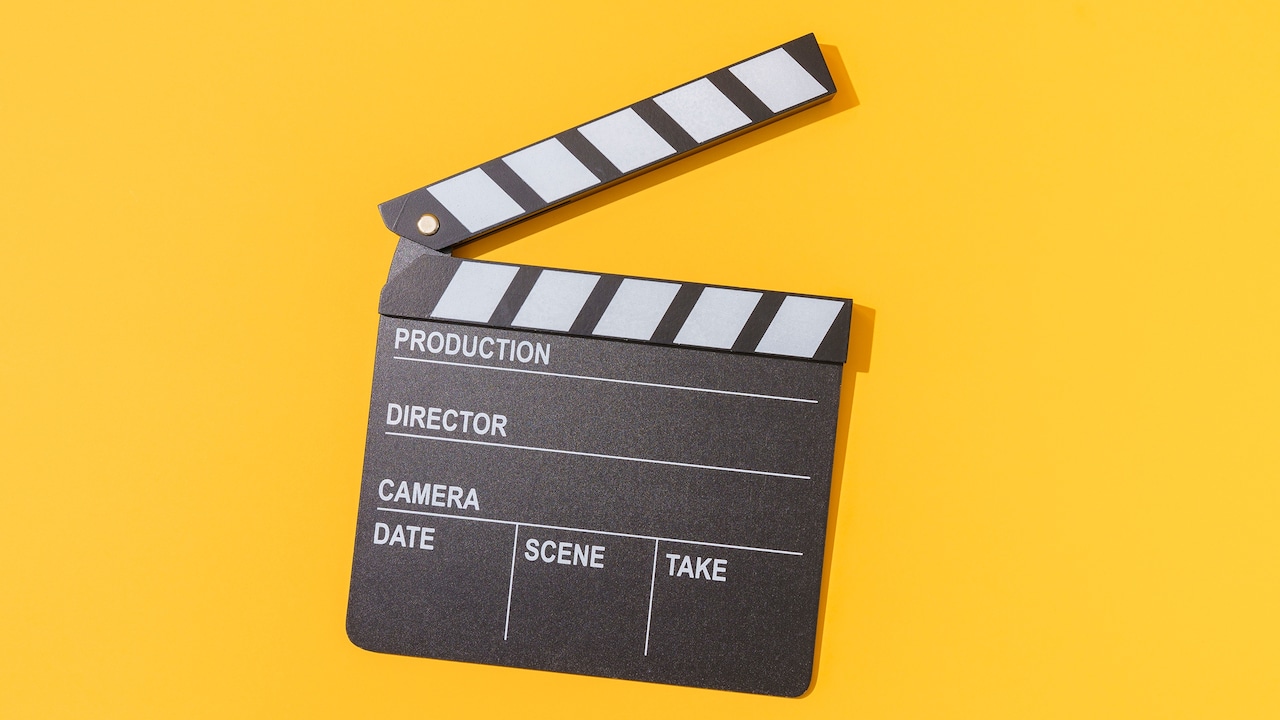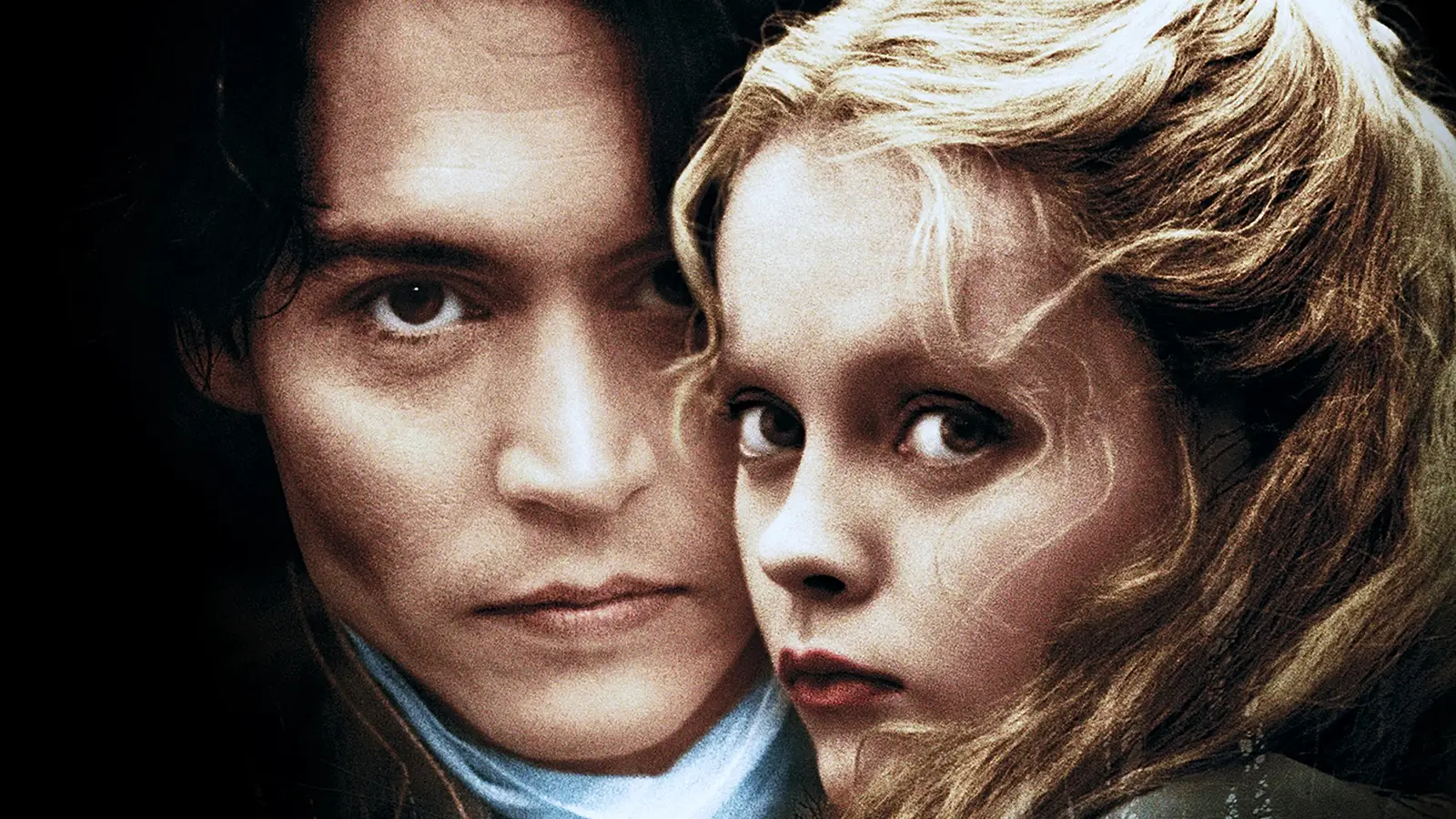
I remember being in middle school and often left perplexed by history class. Each chapter in our textbook told the beginning, middle, and end of different eras of U.S. history. The chapters contained facts and dates, and maybe ended with the passage of a law. Revolutionary War, Chapter 1. The Civil War, another chapter. Civil rights, yet another.
As a 12-year-old, I couldn’t grasp the concept of time. To me, it all happened one right after the other, as the chapters laid out. I remember thinking, “What is the deal with all the assassinations?” Learning about Lincoln, JFK, MLK, Malcolm X, and RFK, I felt like people were shooting American leaders left and right, day in and day out.
I couldn’t imagine what it felt like to live in that world. I chalked it up to “history.”
These memories flooded back on Sept. 10, when my 17-year-old son came home from school and rushed into the room, pale-faced and breathless.
“Did you hear about Charlie Kirk?”
“Who?” I replied. I did not know who Kirk was.
My son went on to tell me that just as he and his classmates were settling into their AP Comparative Government class, his teacher told them something had happened on a college campus in Utah. Breaking from the strict no cell phone rule in class, he allowed the students to look up the news in real time. My son saw video of the moment the gunshot hit Kirk. By the end of class, they learned he had died.
Amid the shock that continued after the school bell, the most salient thing for my son was not Kirk’s ideology — it was that he had just seen someone shot for the first time. “The bullet hit him in the neck, Ma. There was so much blood. There was blood everywhere.”
As a mother, I hate that my son saw that. He was clearly traumatized by it, and I wonder how long he will hold those images in his mind. He has, of course, seen violent images throughout his life — from cartoons to movies and video games — but this time it was “for real.” He was affected by understanding the human consequences.
And it happened at a time when he was usually discussing how different governments impact people’s lives in countries across the world.
As an emergency physician, I have seen and treated too many people with gunshot wounds. In every instance, my colleagues in the emergency department and the surgeons on the trauma team did everything they could to keep people alive and functional.
How a person lives, their beliefs and ideologies, does not play a role in the trauma bay of an emergency department. In those moments, we don’t know anything other than mechanisms and injuries. We see the bodies of human beings. We use all the science we know and the skills we have to save life and limb.
After more than two decades on or near the front lines, I see the world through the lens of public health and emergency medicine. Kirk will first and foremost be remembered by me as a victim of gun violence, just as elected officials in Minnesota were in June, and 137 people have been in Philadelphia since the beginning of 2025. I see every injury or death from a gunshot as unwarranted and preventable.
I am unwavering in my personal ethics that every life is worthy of saving and protecting. I have spent my career trying to do just that in various ways. Everyone is someone’s child, someone’s parent, someone’s partner, or someone’s neighbor. Every person we lost in Philadelphia because of gun violence carries that same weight as the loss of anyone else across the country — regardless of the amount of press coverage.
The reality is that through intentional, evidence-based, and persistent efforts, rates of gun-related homicides have decreased significantly in the last few years, down 14% nationwide. In Philadelphia, the drop is even more pronounced, reaching the lowest levels seen since the 1960s.
This comes from collective work across our city, and the raw dedication of communities, organizations, and experts to do more and be better after averaging more than 500 homicides a year at the height of the pandemic from 2020 to 2022.
My son’s immediate reaction came from a place of humanity and empathy. I find that reassuring. No matter the rhetoric and division that is swirling around, the violence we witness, or the turbulent tenor of these times, he felt the shock that comes from loss of life. And he voiced his disagreement with the brutality of it.
This aligns with most of the country. A recent New York Times article delved into the complexity of polling data, with questions gauging personal sentiments around political violence. The research found that when Americans were faced with specific questions about political violence, “close to zero” (1%) supported murder.
We are definitely living in a chapter of U.S. history. None of us can say how future generations will look back and see this time. We don’t know how or when this period ends. I’m not even sure I could pinpoint when it started.
Once I moved past the standard textbooks of elementary and middle schools, I understood that history isn’t just facts and dates. It comes directly from people who lived it — through their letters, their diaries, their stories.
The words, the actions, the reactions, and the core values of everyday people made our history. They saw their way through their own uncertainties and chaotic times to get to the other side.
None of us can say how future generations will look back and see this time.
We are no different. The quiet and determined power of everyday Americans — not just elected officials, media personalities, and influencers — has always been a force to reckon with once we make our voices heard and stand for what we believe.
Can the silver lining of these times be that we are shaken out of standing on the sidelines?
We each have the opportunity — and bear the responsibility — to choose courage, integrity, and humanity to build the world we want. Each of us holds a pen. We must write our history with intention.



